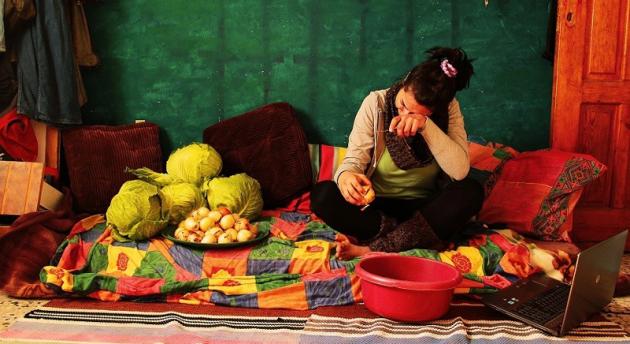The Institute of International Education with funding from Mellon Foundation has launched a project to aid persecuted artists and performers following a similar fund for scholars.
The organisation is launching a new programme to rescue artists from conflict zones. The Artist Protection Fund is a three-year pilot project led by the Institute of International Education and funded with $2.79 million from the Andrew W. Mellon Foundation. The project will offer grants to threatened artists and relocates them at host universities or art centres in safe foreign countries.
“Threats against just one individual artist can have an immediate chilling effect on entire artistic communities,” Allan Goodman, the president of the Institute of International Education, said at a launch event at the Museum of Fine Arts, in Boston. “Our goal is to build connections and skills that will help the artists to thrive after the fellowship is over and enrich the artistic communities that host them.”
The new programme follows on from a similar initiative the institute started for threatened scholars back in 2002. The Scholar Rescue Fund has given grants to more than 600 academics from 53 countries. The institute realised the need for a new programme focusing on other creative fields after receiving applications from artists, and two musicians from Syria. These were creatives that were in immediate danger but ineligible for the Scholar Rescue Fund. To alleviate this concerning issue the Artist Protection Fund targets artists who have been persecuted because of their work or their beliefs. Applications are not yet open, but artists can sign up online to be notified when they will commence. Host organisations will be asked to match the grants from the fellowship in order to re-locate endangered artists.
The institute identified a “critical unmet need” as emergency arts grants in the US and Europe offer short-term solutions, but not a safe haven to artists on a large scale for extended periods. The institute has thus far not provided details on the selection process, the length of fellowships or the amount of money available.
“The programme will enable [artists’] work and voices to continue to be seen and heard, which, as many artists tell us, is of critical importance to them,” stated Mariët Westermann, the vice president of the Mellon Foundation. “The benefits will accrue to the artists and their families; their host and home communities; and the larger world in which their art can continue to play a prominent role,” Westermann concluded.
Image: courtesy of Nidaa Badwan ©

